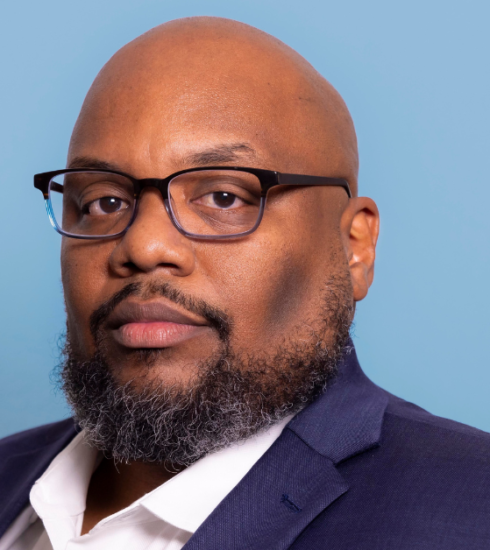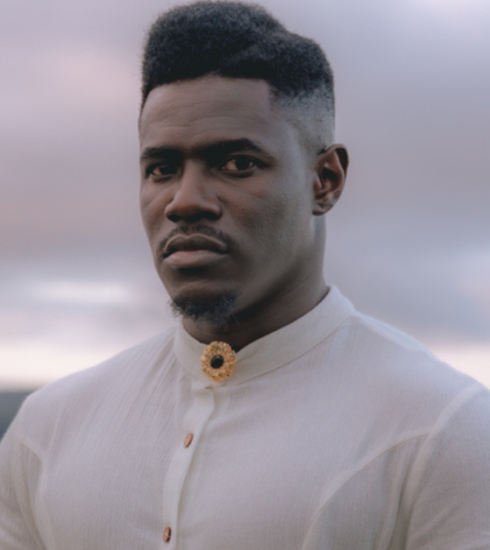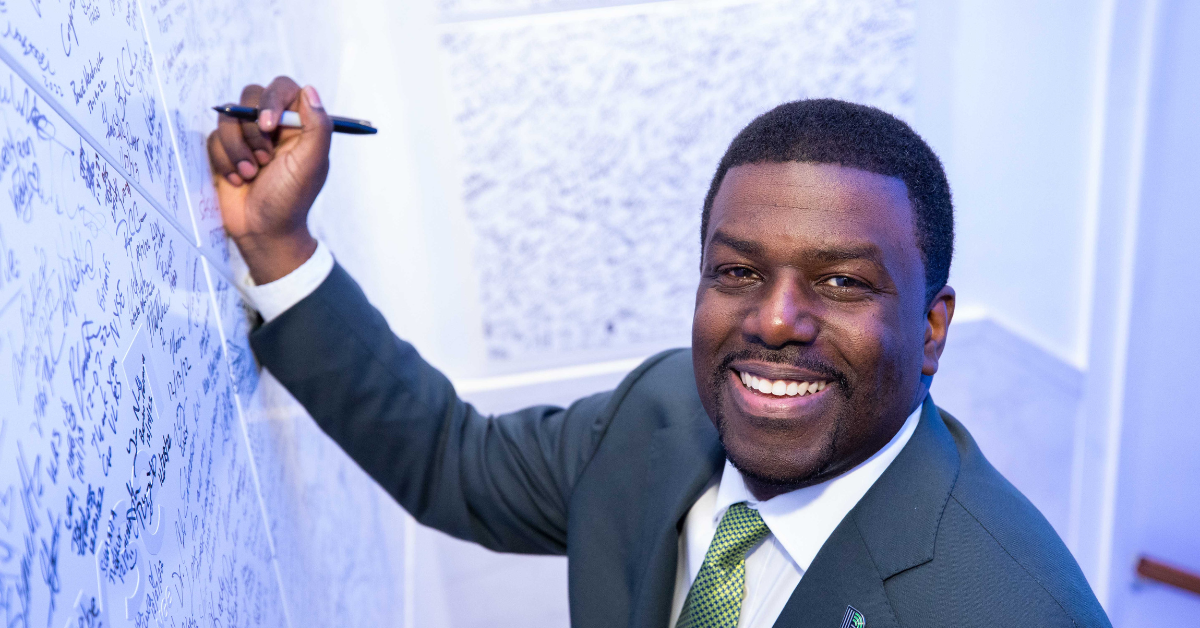CEO In The Spotlight – Gary Linnen
Gary Linnen, the CEO of PeerForward and a native of New York, has a goal to carry on the illustrious tradition of the business. In order to provide underrepresented adolescents in low-income communities a shot at economic mobility, he is striving to guarantee that avenues are offered to as many of them as possible. He thinks that education is important, and that includes ensuring that students make the best decisions possible about their higher educational options and financial support. He is aware of the genuine power of representation and the impact that riches can have on someone’s professional trajectory because of his poor beginnings in Spanish Harlem.

CEO In The Spotlight Profile
Person: Gary Linnen
Title: CEO
Company: PeerForward
Founded: 1993
Type: Nonprofit
Headquarters: Washington D.C
Website: peerforward.org
Mission: PeerForward maximizes the power of positive peer influence to transform the lives of students in low-income communities by connecting them to higher education and careers.
Cox: Gary Linnen, I’m delighted to speak to you about PeerForward and your role as CEO today. But before we do that, can you tell me a little about Gary?
Linnen: I’m a black Puerto Rican man who grew up in Spanish Harlem’s projects. I consider it important for people to understand their culture and self-identity. Being from where I am, I wake up every day feeling grateful for being able to accomplish what I do. Sometimes when I look in the mirror, I think, “Wow, you actually did it.” I believe in taking people with me since I’m a communal man. I don’t really believe in the concept of paying it forward since I’m the type of person that is more focused on providing opportunities for people to have positive experiences that will make them feel better about themselves.
Cox: How has running a significant organization like PeerForward been influenced by your upbringing in Spanish Harlem’s projects?
Linnen: Growing up in an environment like the projects gives one a certain amount of resiliency. I don’t want to sound old, but in addition to growing up in the projects, I also experienced the emergence of AIDS and the devastation that crack was beginning to do in our neighborhoods. Together, these factors enabled me to develop a thick skin while maintaining some empathy for other people.
It really challenged me to look at the lack of opportunities that were present for the people who were around me and just as smart. That bothered me because these were the same individuals who I would work with on projects and who I noticed excelled in different areas of academia. This experience helped me build different pillars for myself and become who I am today.
Cox: Given that you are both black and Puerto Rican, why do you believe it is crucial for organizations like yours and both communities to collaborate on projects that connect them?
Linnen: We really see each other, which is why. Regardless of skin tone, we both have comparable racial and economic roots. Community was vital when you were growing up in Spanish Harlem, whether you were black, Latino, Asian, or couldn’t speak English. Since nobody is greater than anyone else and many of us are from low-income regions, we must consider how we might foster community in the long run.
Systems that strive to divide black and brown people by telling them who they should be are still in place today. I can relate to this since sometimes I don’t fit in with the Hispanic community or the Black community due of the intersectionality of my race and ethnicity. We are now discovering that not everything is as clear-cut as we formerly believed.
We have reached a point where we have the chance to advance as a group because of the things we have in common.
Cox: I appreciate you sharing your knowledge. I’d want to continue and find out what drew you to the position at Peerforward.
Linnen: I had the option of attending a private boarding school. That was a cultural encounter that was entirely foreign to what I was used to from my upbringing in Spanish Harlem. I was then able to attend Cornell for college. These many experiences were beneficial, but they also changed the course of my professional life.
Well, before PeerForward, I had worked for a for-profit company that offered tools like exam preparation to people. The only ones who could afford it were these people. I was interested to this role when I first saw the job description for it in 2006 because I would be able to work with people from our community who didn’t have the same access that I saw others enjoying.
The contrast between those with access and those without really remained with me. There is a sizable issue, and how can I contribute to the solution? I knew I would now be a part of the answer, therefore I had to seize this chance.
Cox: You have the title of CEO for the first time among people of color for the organization. How have you found the experience to be? Was there any pressure you put on yourself internally?
Linnen: There is pressure to watch to see if the person can actually complete the task. We have systems and ideals in place that drive us and others to wonder if we actually have them, so I believe that comes from our communities to each and every one of us. We then have to trust what the system is telling us, thus I feel this is a two-part issue. Thirty years ago, if you had asked me if my career path included CEO, I would have replied no. I had no CEO friends when I was a child. All I knew was that folks went to work.
As the first person of color in this position, I wanted to be sure that I set a good example for other people of color and demonstrated that it was doable. This entails displaying yourself unapologetically. To get here, I put in a lot of effort.

Cox: What is your vision for the business as CEO? Do you see where this going?
Linnen: I’m thrilled to be working with a company where I get to be the visionary. So that we can keep helping those who need it the most, I want people to know that the organization is financially solid and secure for years to come. I want people in the specific areas we serve to be aware of the networking possibilities we provide for them. For me, networking is essential if our young people are to be able to pick up the phone, ask for help, and get it. Individuals from our neighborhoods are less likely to have a buddy whose parent can simply arrange for them to work a summer internship at their company.
Cox: When we go beyond PeerForward, I want to talk to you about some issues you support. Forbearance of student loans is one of them.
Linnen: The problem is that our educational system doesn’t effectively disseminate information about the resources available to pupils. Students don’t often realize all the services that are accessible to them when they apply to colleges since nobody actually tells them. As a result, they end up taking out loans, some of which, regrettably, are from predatory lenders.
While I don’t oppose borrowing money for education, I do believe that these young individuals need to be informed. They will be able to make wiser judgments as a result. This is crucial for first-generation and low-income students in particular. Education is an investment, just like anything else in life. Investments are important to me, but they must be wise ones that pay off in the long run.
Cox: Gary, you also discuss affirmative action. There is ongoing discussion on the advantages and disadvantages. What do you think of those who argue that something is unnecessary or against it?
Linnen: You cannot provide me with statistics that demonstrates how the perception of affirmative action has changed over the past forty to fifty years. My position is that it must stay since deleting it would just serve to shift the objectives once again since we haven’t yet completed what needs to be done.
It’s more than just the schools saying I done my job because I brought in two more students of color. Change must be made since it is a systemic problem.
Cox: Final question before you go: What are your opinions on students selecting two-year or trade schools instead of right away enrolling in a four-year university when it comes to college as the sole path?
Linnen: It comes down to economic mobility in the end. Some people’s paths will be slightly different. I do concur that this post-secondary degree, whether earned at a two-year or four-year university, ought to be the major route. Others, though, might require a different path, and that’s alright as long as it leads to economic mobility. Ensuring the students select the appropriate pathway is important.





